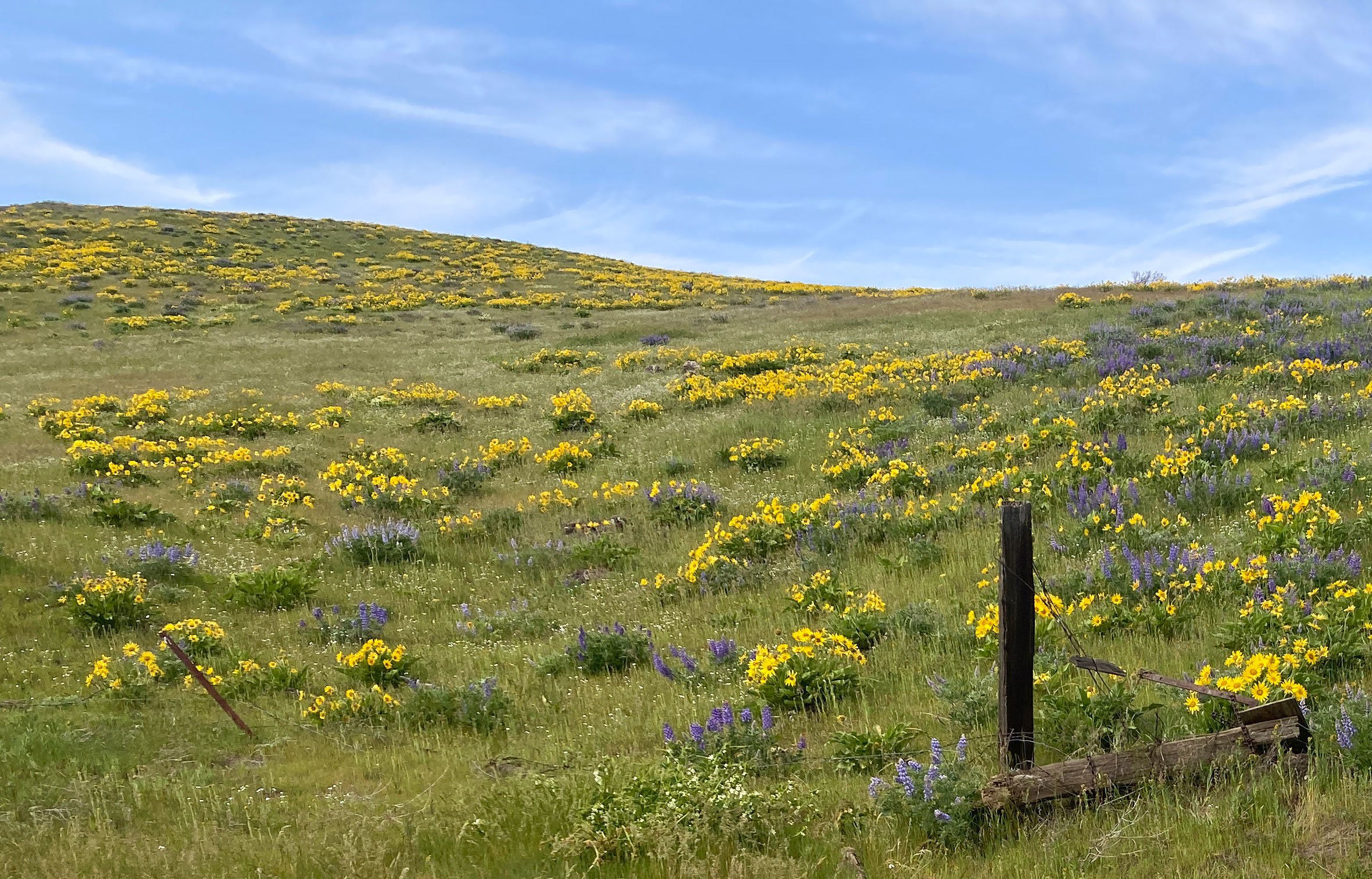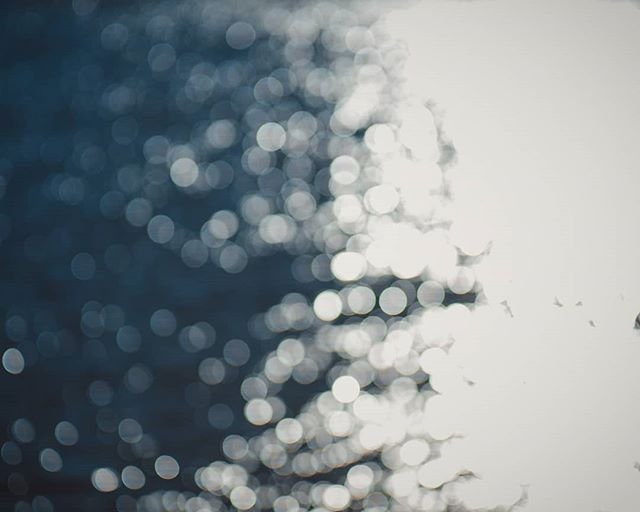“Writing . . . is like a magic trick, and it never gets old.”
— Susan Blackaby
Welcome to Fast Five, an occasional series in which I ask my favorite writers five questions as a way to open the door to know more.
It’s difficult to visualize the vast number of books Susan Blackaby has authored. Even she’s lost count. “Hundreds,” she says with a quick wave of the hand. An Amazon search yields more than 90 titles, representing only a portion of her portfolio.
In a career spanning 40 years, Susan has written hundreds of fiction and nonfiction books for early and struggling elementary and middle school readers, along with numerous textbooks, workbooks, and school curriculum.
Her books have sparked enthusiasm among both young readers and literacy leaders. School Library Journal has called her work “endearing and delightful.” In 2002, the Washington Post named Rembrandt's Hat one of the top ten picture books of the year.
A prolific author, some of Susan's notables include, Where’s My Cow, Brownie Groundhog and the February Fox, G.O.A.T: Simone Biles, Cleopatra: Egypt’s Last and Greatest Queen; and an award-winning collection of poetry, Nest, Nook & Cranny.
Susan lives in Oregon, on a bluff overlooking the Columbia River. When not writing for work, Susan (Suz to friends) writes for fun. She’s a published poet, and is currently working on a young adult novel.
1.
In a previous interview you’ve said: “I’m always writing for the little kid in the back row who is afraid to raise his hand. I feel for the fourth-grade kids who can’t read at all — these are the kids who feel defeated by school and are about to slip out of the system.” Was school difficult for you, and how can we (as writers, readers, caring adults) encourage struggling students?
I struggled with numbers and met my Waterloo in 8th grade algebra, a disaster matched only by high school chemistry. I made up for my shortcomings with a knack for words, which eventually landed me a job in educational publishing.
When my daughter had trouble learning to read, I picked up a stack of trade books ostensibly designed to support early literacy and assumed that cracking the code was within easy reach. It wasn’t. For days we tested each other’s limits sentence by sentence, working along until one of us completely lost it. After a particularly brutal afternoon, I finally took the time to analyze the materials. The book she was trying to get through had a turtle on the cover, the demoralizing slowpoke indicating Pre-K, but the readability score on the text came in at a fifth grade reading level. One sentence on a page in oversized type was apparently the extent of the criteria used to arrive at an arbitrary and misleading standard, guaranteeing frustration and failure for kids who really require conscientious support. (This infuriating book is still in print, by the way.) I circled back to get my daughter resources she could use and switched professional gears at the same time.
These days, books bundled with basal reading programs, online resources developed by educational publishers, and books developed by school-library crossover publishers adhere to strict guidelines based on sound pedagogy, and many classroom teachers have handy access to these resources—you just have to ask for help. Understanding that brain development, maturity, physical health, experience, and exposure to storytelling are all factors in the learning process can help provide a critical foundation for a fledgling reader—and equal parts patience and chocolate milk won’t go amiss.
2.
What books, movies, songs, or people have influenced your professional life — and how?
In addition to having some really special, gifted teachers along the way, I have been lucky enough to stumble into one snug after another populated by generous mentors—patient and exacting, kind and encouraging. Many of them have stuck with me long enough to transition from coach to colleague to cohort and are now among my closest, oldest, and dearest friends. Given that a deep appreciation for and understanding of talking rabbits is part of the job description, it is no surprise that the people who create books for children comprise an inherently merry band.
Even luckier, I came from a family of clever, silly, funny, sweet people who provided a firm foundation of mirth and curiosity, whimsy and joy. I owe them everything.
3.
Your writing life is so rich and varied, from textbooks to children's books to poetry and more. What has been your highpoint, and why?
Everything about getting a book published is a pretty heady experience, and there have been some unforgettable moments. But the very best part is sitting down with your picture book and a bunch of little people, knowing that in a single page turn you can make all of them fall over laughing at the exact same time. It is like a magic trick, and it never gets old.
4.
What’s the best writing advice you’ve received?
Dump a toxic friend.
A number of years ago, having been to dozens of writing conferences, I was not really paying close attention to the charming if predictable keynote speech when this surprising and transformative phrase rang out. The speaker went on to explain that these people crowd your creative energy and take up tons of time, two things that you can actually put to excellent and immediate use if you are carving out a writing life. Of all the million bits of wisdom I’ve collected and tried, this one actually works.
5.
I’m a word collector. What are your favorite words?
I’m definitely a word collector. Favorites tend to shift and jostle with context, season, and whim but perennial favorites include radiance, grace, clatter, faith, resilience, wander, conjure, thump, wink.
Bonus Question: What do you wish I would have asked?
What are your musts and favorites?
Strong, milky tea; narrow-ruled yellow tablets; extra-firm Blackwing pencils; Lamy Safari fine-tipped fountain pen; snail mail; stargazer lilies; corduroy pants; the perfect raincoat (ongoing quest); cool boots; road trips; Cheezits.
* * *
The world turns on words, please read & write.
If you like this blog, please subscribe here
to get each post delivered to your email.







































